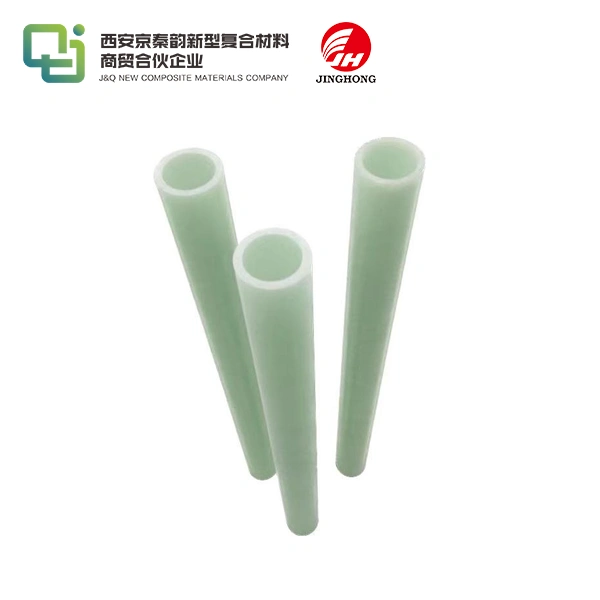Environmental and Global Impact of Bakelite Recycling
2024-12-05 17:09:51
As an international producer of insulating materials boasting more than two decades of expertise within our field, we at J&Q acknowledge the significance of environmentally conscious operations in our industry. Today, let us delve into the environmental and global ramifications of Bakelite recycling, a matter that holds pivotal importance for our planet's sustainability.
The Significance of Bakelite in Modern Industry
Bakelite's Unique Properties
Bakelite, marking the pioneering era of synthetic plastics worldwide, radically transformed multiple sectors by virtue of its high-heat resistance and electrical insulating characteristics. Known for its robustness and flexibility, Bakelite became indispensable to the electronics industry, contributing significantly to automotive parts and a vast array of consumer goods, playing an unparalleled role in modern technology and household items alike.
Environmental Challenges of Bakelite Production
Despite its usefulness, the production of Bakelite poses significant environmental challenges. The manufacturing process involves phenol and formaldehyde, both derived from fossil fuels. This reliance on non-renewable resources contributes to carbon emissions and environmental degradation.
The Need for Sustainable Alternatives
As global awareness of environmental issues grows, there is a rising demand for sustainable alternatives to traditional Bakelite production. This shift has driven innovation in recycling technologies and the development of bio-based materials, with the goal of reducing environmental impact while preserving the beneficial properties of Bakelite.
The Process of Bakelite Recycling
Collection and Sorting
The Bakelite recycling process starts with a precise collection and categorization phase. This step is critical to ensure that only authentic Bakelite materials are processed, maximizing the effectiveness of subsequent operations.
Grinding and Purification
Once sorted, the Bakelite waste undergoes a grinding process to reduce it to a manageable size. The resulting granules then go through a purification process to remove any contaminants or additives. This step is vital for maintaining the quality of the recycled material and ensuring its suitability for reuse in various applications.
Chemical Recycling Techniques
The heart of Bakelite recycling lies in chemical recycling techniques. These methods break down the thermoset structure of Bakelite into its constituent components. Innovative processes such as solvolysis and pyrolysis have shown promising results in recovering valuable chemicals from Bakelite waste, paving the way for a more circular economy in plastic production.
Global Environmental Benefits of Bakelite Recycling
Reduction in Landfill Waste
One of the most tangible benefits of Bakelite recycling is the significant reduction in landfill waste. Bakelite products, which would otherwise persist in landfills for centuries, can now be given a new life through recycling. This not only conserves valuable landfill space but also mitigates the release of harmful chemicals into the environment as Bakelite decomposes.
Energy Conservation
Recycling Bakelite requires substantially less energy compared to producing new Bakelite from raw materials. This energy conservation translates directly into reduced greenhouse gas emissions. Studies have shown that recycling Bakelite can lead to energy savings of up to 80% compared to virgin material production, making it a crucial strategy in combating climate change.
Resource Preservation
Reprocessing Bakelite contributes to conserving limited resources by reclaiming chemicals capable of being repurposed in the creation of new plastics or other chemical substances. This cyclical methodology not only decreases reliance on raw materials sourced from fossil fuels but also curtails the environmental footprint associated with their extraction and refinement.
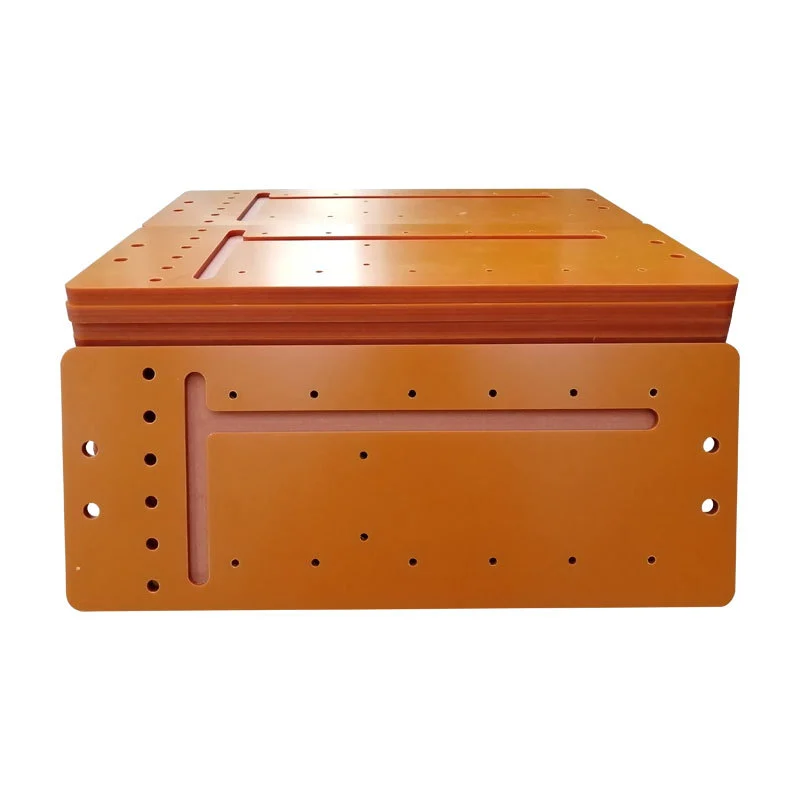
Challenges and Future Prospects in Bakelite Recycling
Technological Limitations
Despite the progress made in Bakelite recycling, several technological challenges remain. The complex structure of Bakelite makes it more difficult to recycle compared to thermoplastics. Current recycling methods often result in downcycling, where the recycled material has lower quality than the original. Ongoing research is focused on developing more efficient recycling technologies that can maintain the high performance of recycled Bakelite.
Economic Viability
The economic aspect of Bakelite recycling presents another hurdle. The cost of collecting, sorting, and processing Bakelite waste can be high, sometimes making virgin material production more economically attractive. However, as recycling technologies improve and environmental regulations tighten, the economic equation is gradually shifting in favor of recycling.
Future Innovations
The future of Bakelite recycling looks promising, with several innovative approaches on the horizon. Researchers are exploring bio-based alternatives that mimic Bakelite's properties while being more easily recyclable. Additionally, advancements in chemical recycling techniques, such as catalytic microwave depolymerization, show potential for more efficient and cost-effective Bakelite recycling processes.
Global Initiatives and Policies Supporting Bakelite Recycling
International Agreements
Global initiatives play a crucial role in promoting Bakelite recycling. The Basel Convention on the Control of Transboundary Movements of Hazardous Wastes and Their Disposal has been instrumental in regulating the international movement of plastic waste, including Bakelite. This agreement encourages countries to manage their plastic waste domestically and promotes the development of recycling infrastructure.
Corporate Responsibility Programs
Many multinational corporations are taking the lead in Bakelite recycling through their corporate responsibility programs. These initiatives often involve partnerships with recycling facilities and research institutions to develop more efficient recycling technologies. Some companies have even implemented take-back programs for their Bakelite products, ensuring proper recycling at the end of the product's life cycle.
Government Incentives
Governments worldwide are implementing policies to incentivize Bakelite recycling. These range from tax breaks for companies investing in recycling technologies to extended producer responsibility (EPR) schemes that make manufacturers responsible for the entire lifecycle of their products. Such policies are crucial in creating a supportive environment for the growth of the Bakelite recycling industry.
Conclusion
Bakelite recycling represents a significant opportunity in our global efforts towards sustainability. While challenges remain, the environmental and economic benefits of recycling this versatile material are undeniable. As technology advances and global awareness grows, Bakelite recycling is poised to play an increasingly important role in reducing our environmental footprint and moving towards a more circular economy.
Contact Us
If you're interested in learning more about sustainable insulating materials or our company's commitment to environmental responsibility, we'd love to hear from you. Contact us at info@jhd-material.com for more information on how we're contributing to a greener future in the insulating sheet industry.
References
1. Goodship, V. (2018). "Plastic Recycling: Challenges and Opportunities." Royal Society of Chemistry.
2. Zhang, L., & Xu, C. (2019). "Chemical Recycling of Plastics: A Review." Chemical Engineering Journal.
3. Ragaert, K., Delva, L., & Van Geem, K. (2017). "Mechanical and chemical recycling of solid plastic waste." Waste Management.
4. Geyer, R., Jambeck, J. R., & Law, K. L. (2017). "Production, use, and fate of all plastics ever made." Science Advances.
5. Ellen MacArthur Foundation. (2016). "The New Plastics Economy: Rethinking the future of plastics."
6. United Nations Environment Programme. (2018). "Single-use plastics: A roadmap for sustainability."

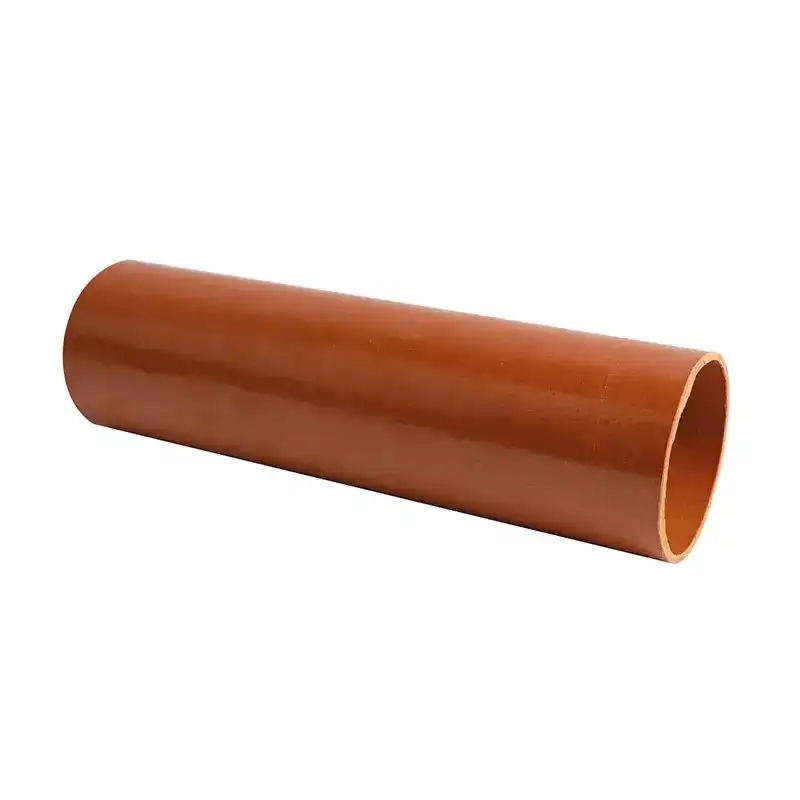
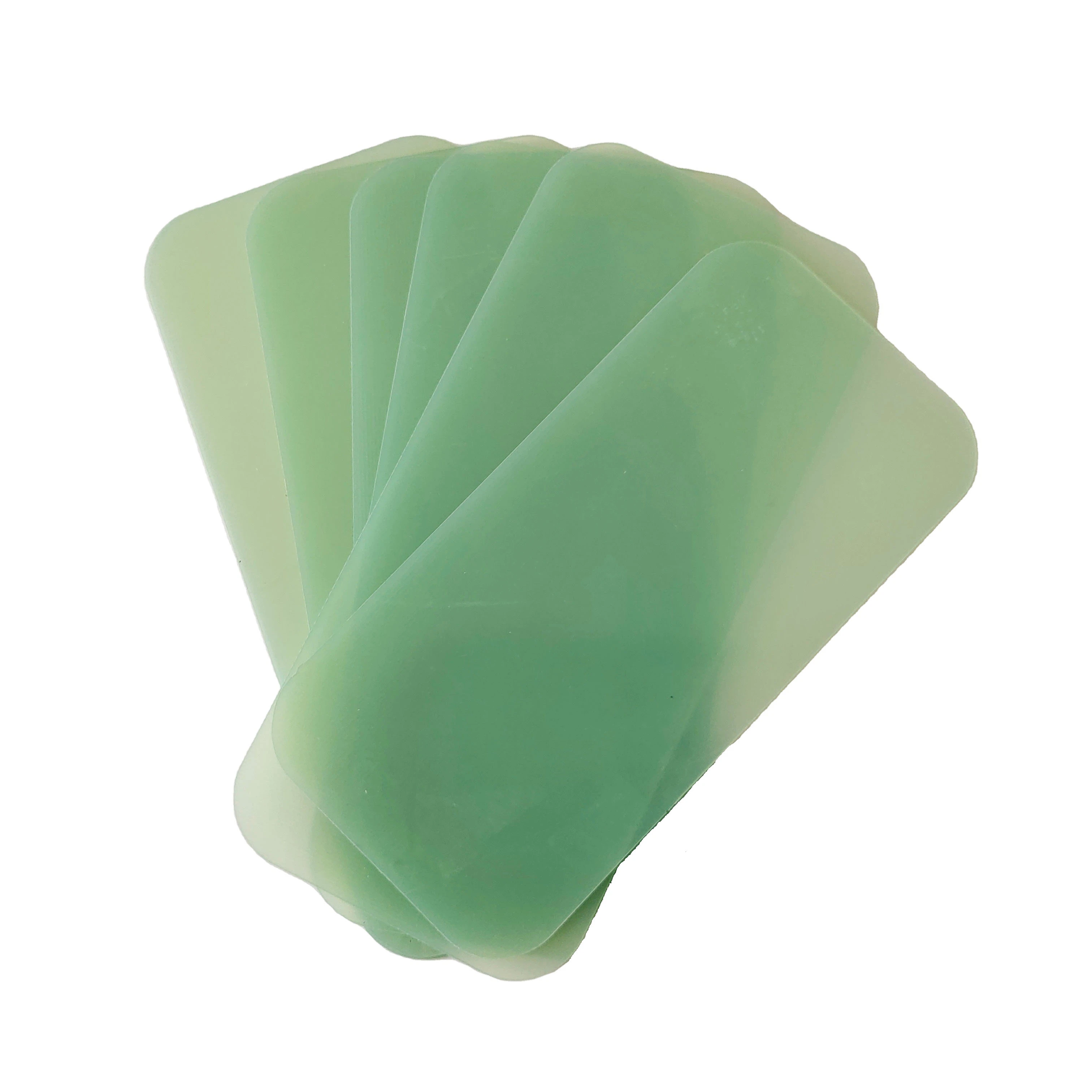

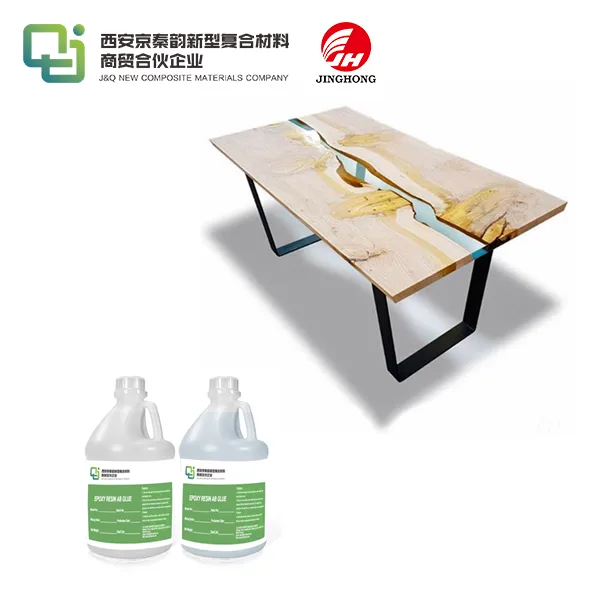
_1747991245292.webp)
